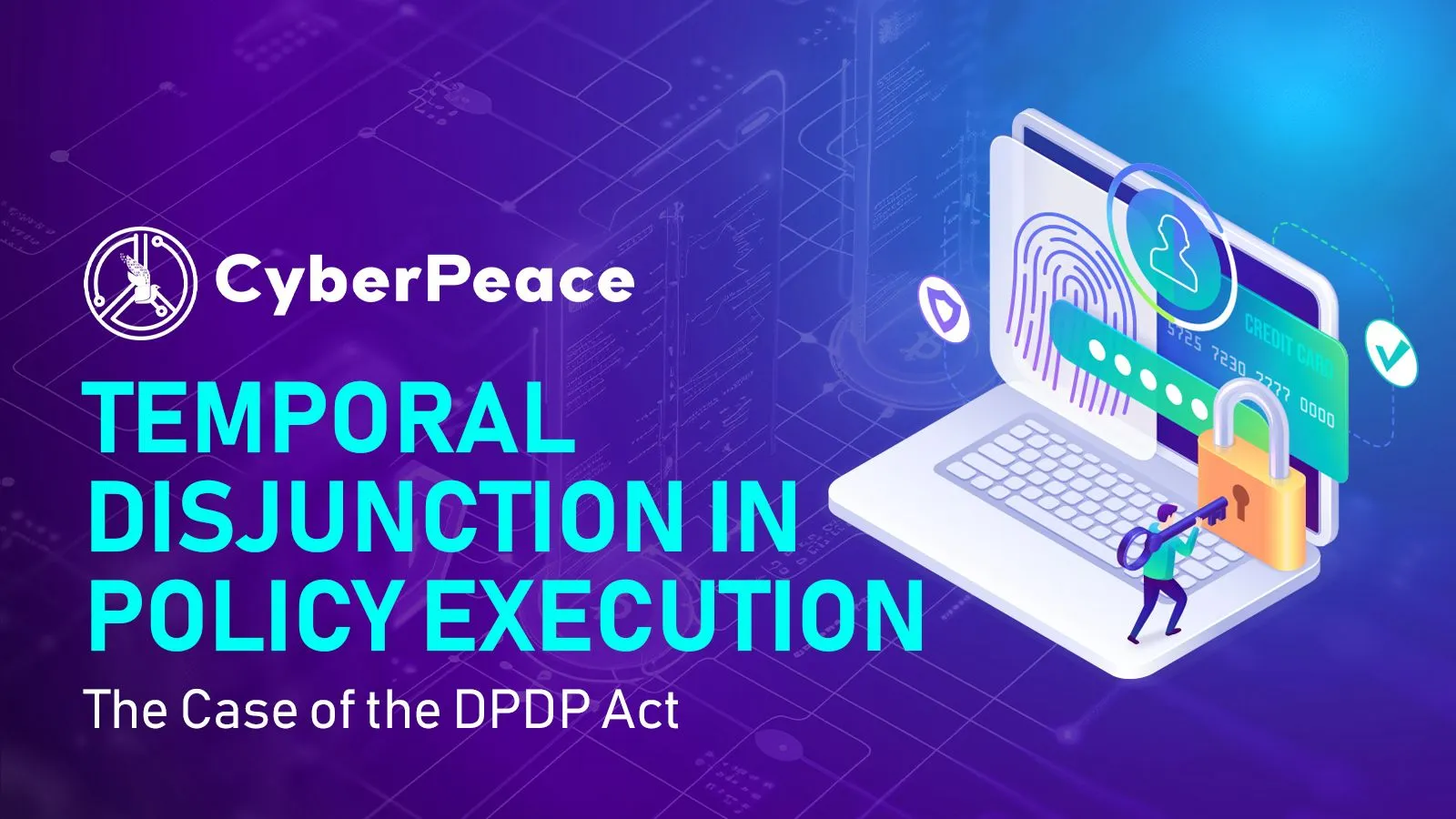Cybersecurity in the Power Sector; The Central Electricity Authority released draft regulations for public comments
Introduction
The Central Electricity Authority (CEA) has released the Draft Central Electricity Authority (Cyber Security in Power Sector) Regulations, 2024, inviting ‘comments’ from stakeholders, including the general public, which are to be submitted by 10 September 2024. The new regulation is intended to make India’s power sector more cyber-resilient and responsive to counter emerging cyber threats and safeguard the nation's power infrastructure.
Key Highlights of the CEA’s New (Cyber Security in Power Sector) Regulations, 2024
- Central Electricity Authority has framed the ‘Cyber Security in Power Sector Regulations, 2024’ in the exercise of the powers conferred by sub-section (1) of 177 of the Electricity Act, 2003 in order to make regulations for measures relating to Cyber Security in the power sector.
- The scope of the regulation entails that these regulations will be applicable to all Responsible Entities, Regional Power Committees, Appropriate Commission, Appropriate Government and Associated Power Sector Government Organizations, and Training Institutes recognized by the Authority, Authority and Vendors.
- One key aspect of the proposed regulation is the establishment of a dedicated Computer Security Incident Response Team (CSIRT) for the power sector. This team will coordinate a unified cyber defense strategy throughout the sector, establishing security frameworks, and serving as the main agency for handling incident response and recovery. The CSIRT will also be responsible for creating/developing Standard Operating Procedures (SOPs), security policies, and best practices for incident response activities in consultation with CERT-In and NCIIPC. The detailed roles and responsibilities of CSIRT are outlined under Chapter 2 of the said regulations.
- All responsible entities in the power sector as mentioned under the scope of the regulation, are mandated to appoint a Chief Information Security Officer (CISO) and an alternate CISO, who need to be Indian nationals and who are senior management employees. The regulations specify that these officers must directly report to the CEO/Head of the Responsible Entity. Thus emphasizing the critical nature of CISO’s roles in safeguarding the nation’s power grid sector assets.
- All Responsible Entities shall establish an Information Security Division (ISD) dedicated to ensuring Cyber Security, headed by the CISO and remain operational around the clock. The schedule under regulation entails that the minimum workforce required for setting up an ISD is 04 (Four) officers including CISO and 04 officers/officials for shift operations. Sufficient workforce and infrastructure support shall be ensured for ISD. The detailed functions and responsibilities of ISD are outlined under Chapter 5 regulation 10. Furthermore, the ISD shall be manned by sufficient numbers of officers, having valid certificates of successful completion of domain-specific Cyber Security courses.
- The regulation obliged the entities to have a defined, documented and maintained Cyber Security Policy which is approved by the Board or Head of the entity. The regulation also obliged the entities to have a Cyber Crisis Management Plan (CCMP) approved by the higher management.
- As regards upskilling and empowerment the regulation advocates for organising or conducting periodic Cyber Security awareness programs and Cyber Security exercises including mock drills and tabletop exercises.
CyberPeace Policy Outlook
CyberPeace Policy & Advocacy Vertical has submitted its detailed recommendations on the proposed ‘Cyber Security in Power Sector Regulations, 2024’ to the Central Electricity Authority, Government of India. We have advised on various aspects within the regulation including harmonisation of these regulations with other rules as issued by CERT-In and NCIIPC, at present. As this needs to be clarified which set of guidelines will supersede in case of any discrepancy that may arise. Additionally, we advised on incorporating or making modifications to specific provisions under the regulation for a more robust framework. We have also emphasized legal mandates and penalties for non-compliance with cybersecurity, so as to make sure that these regulations do not only act as guiding principles but also provide stringent measures in case of non-compliance.
References:





